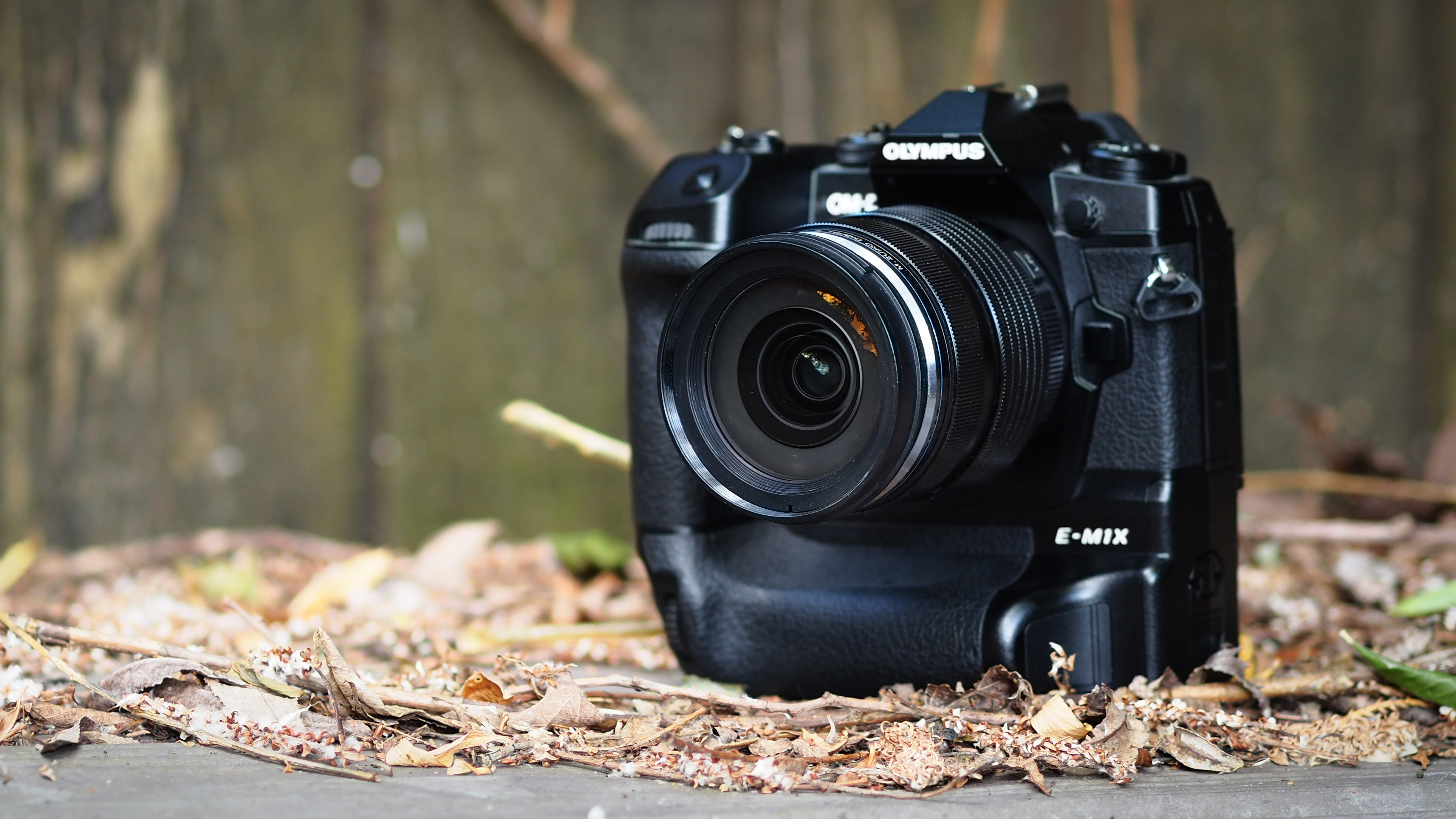
If it ain't broke, don't fix it? The OM System M.Zuiko 12-40mm f/2.8 Pro II begs to differ. This fantastic standard zoom lens, with a 35mm equivalent 24-80mm field of view, takes everything that was great about the original Olympus M.Zuiko 12-40mm f/2.8 Pro and makes a massive new improvement.
The OM System M.Zuiko 12-40mm f/2.8 Pro II is one of two OM lenses certified to the IP53 standard, complementing the weather-sealing on the OM System OM-1, OM-1 Mark II and OM-5 cameras (the other lens being the OM System M.Zuiko 40-150mm f/4 Pro).
This standard of weather-proofing is a first in the industry, enabling professional shooters to take the 12-40mm f/2.8 II into more challenging conditions than ever before (the original lens was weather-sealed to the IPX1 standard).
That said, if you don't have one of the above cameras, you will not receive the full IP53 benefits. Coupled with the fact that the new lens retains the same optical formula as its predecessor, the original Olympus version might be the best choice if you don't own an OM System camera – particularly as it's likely to be cheaper.
OM System M.Zuiko 12-40mm f/2.8 Pro II: Specifications
Mount: Micro Four Thirds
Equivalent focal length: 24-80mm
Lens construction: 14 elements in 9 groups
Aperture blades: 9
Weather sealed: Yes (IP53)
Maximum magnification: 0.3x (0.6x 35mm equivalent)
Minimum focusing distance: 0.2m
Stabilization: No
Filter size: 62mm
Dimensions: 69.9 x 84mm

OM System M.Zuiko 12-40mm f/2.8 Pro II: Key features
This is a pro-grade optic that's one of the "holy trinity" lenses, offering a fast, fixed f/2.8 aperture and full weather sealing. (Indeed, as noted, it offers the best weather sealing in the business.)
Its IP53-rated seal protects against ingress of dust and water, and the lens is freezeproof down to 14°F / -10°C. This enables you to shoot in the most inhospitable environments, whether that's dust, rain or snow.
A new fluorine coating also repels water, oil and dust, while also reducing friction, making it easier to keep the lens clean with a blower or cloth. Meanwhile, the same anti-reflective ZERO coating as the original resists backlighting.
The optical formula is the same as that of the original Olympus-branded 12-40mm f/2.8 Pro, with 14 elements including 4 aspherical lenses for aberration correction, flare reduction and coast-to-coast sharpness – making it an excellent choice for the 50MP or 80MP High Res Shot mode offered on select Olympus and OM cameras.
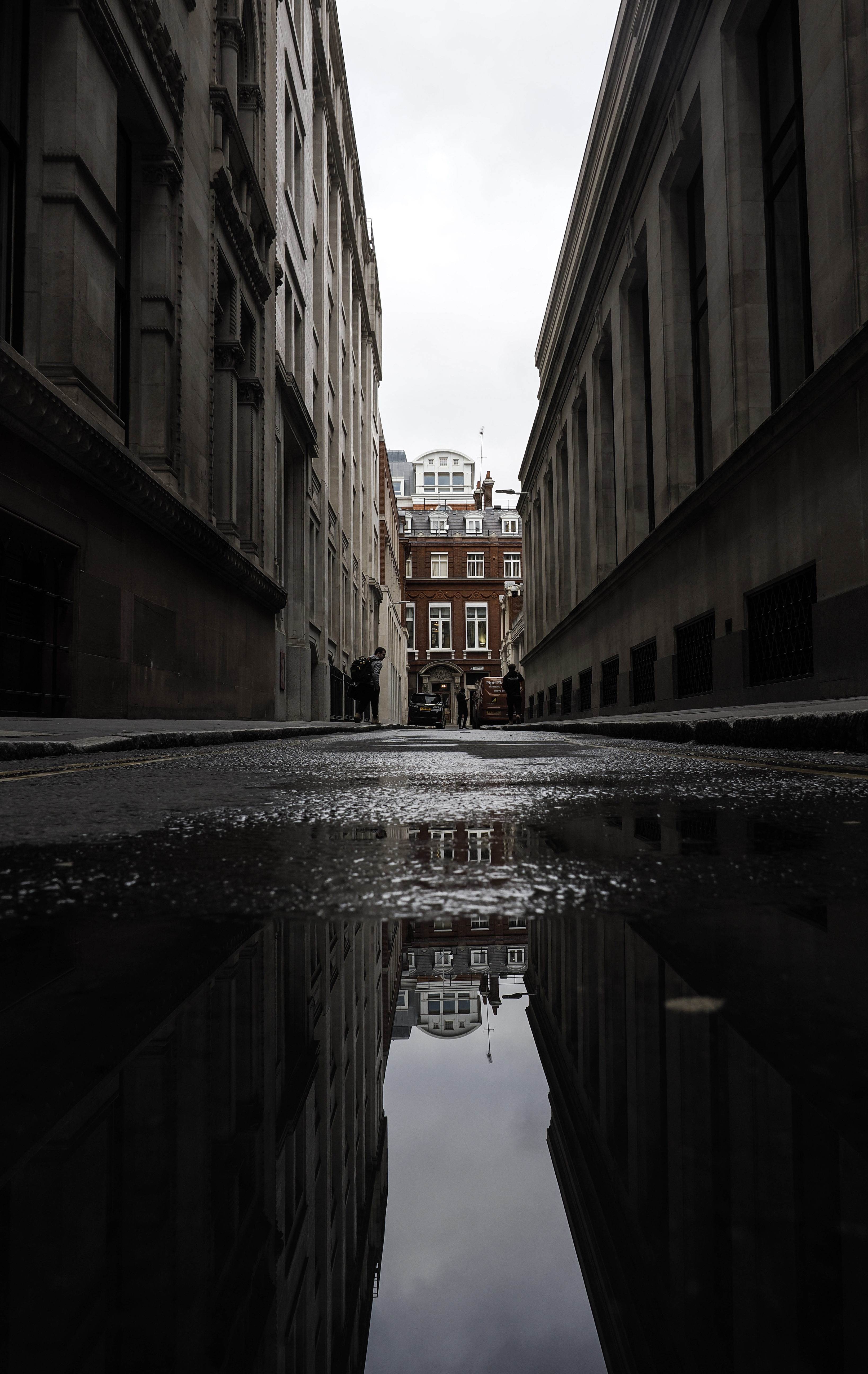
OM System M.Zuiko 12-40mm f/2.8 Pro II: Build and handling
This standard zoom is smaller than a soda can, giving you a professional-caliber 24-80mm equivalent zoom lens with a constant f/2.8 aperture in a ludicrously compact form factor.
The all-metal construction is sturdy, solid and resistant to being banged around in your bag or bashed about on your shoots – it really is made to withstand the rigors of pro working environments.
If you want to shoot macro or old school, the focus ring features a clutch that snaps back to reveal a focus scale and enable manual mode. And unlike most modern fly-by-wire focus rings, it has hard stops at each end of the scale for instinctive control.

OM System M.Zuiko 12-40mm f/2.8 Pro II: Performance
While we haven't had the chance to conduct our full lab tests, our experience thus far reveals a lens that performs every bit as admirably as its predecessor. Images are sharp even wide open at f/2.8, and even when shooting at 50MP or 80MP resolution – making this an excellent option for high-resolution stills and video.
In fact this is a great lens for all-purpose video, thanks to the quick and quiet autofocus, the honest and fine-tuned manual focus, and particularly the near total absence of focus breathing.
The AF is able to keep up with both fast-moving subjects and the rapid-fire pace of the OM-1, which can reel off bursts of up to 120fps. So if you need to keep up with the action, the 12-40mm f/2.8 II won't let you down.
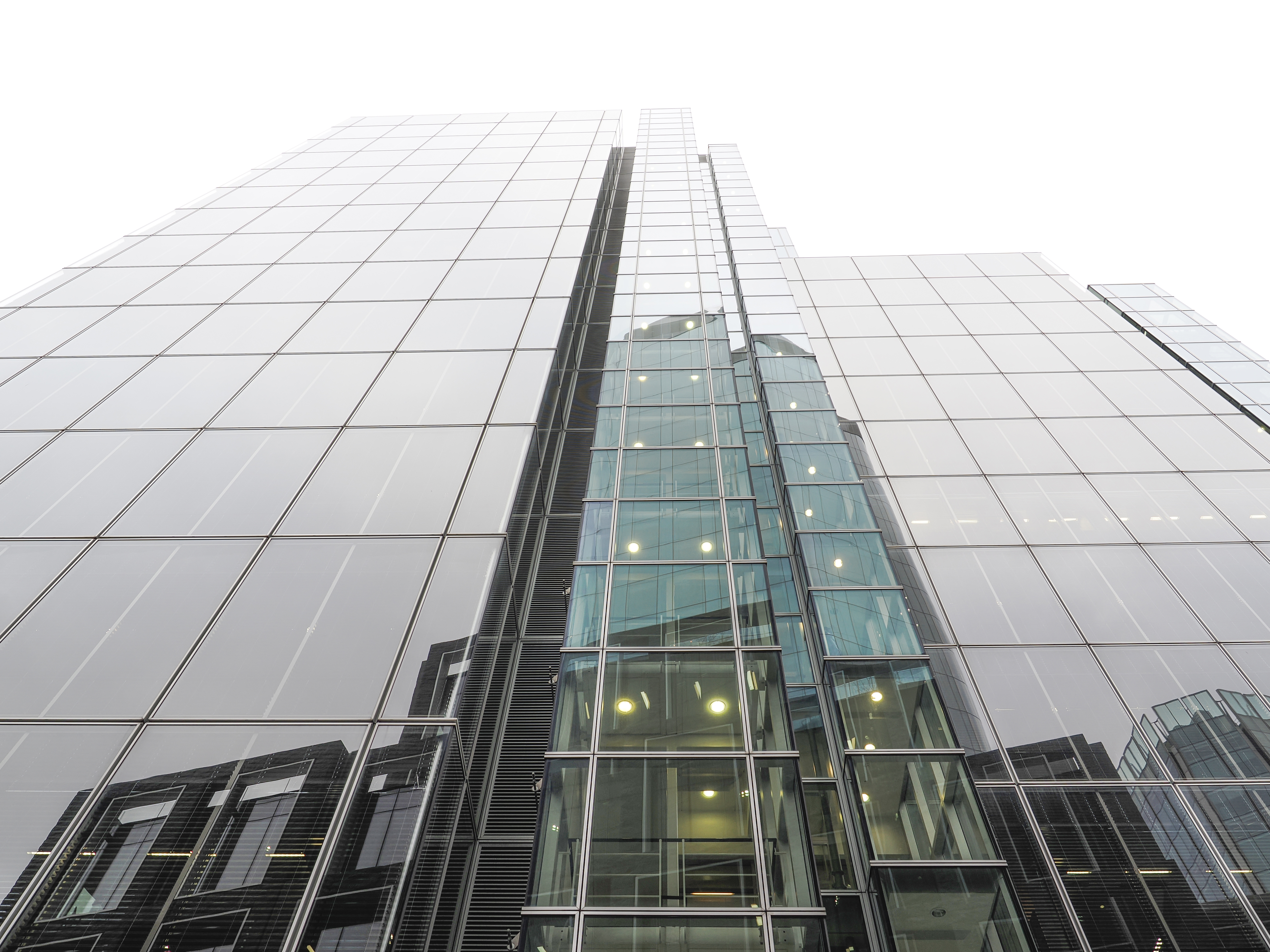
OM System M.Zuiko 12-40mm f/2.8 Pro II: Lab data
We run a range of lab tests under controlled conditions, using the Imatest Master testing suite. Photos of test charts are taken across the range of apertures and zooms (where available), then analyzed for sharpness, distortion and chromatic aberrations.
We use Imatest SFR (spatial frequency response) charts and analysis software to plot lens resolution at the center of the image frame, corners and mid-point distances, across the range of aperture settings and, with zoom lenses, at four different focal lengths. The tests also measure distortion and color fringing (chromatic aberration).
Sharpness:
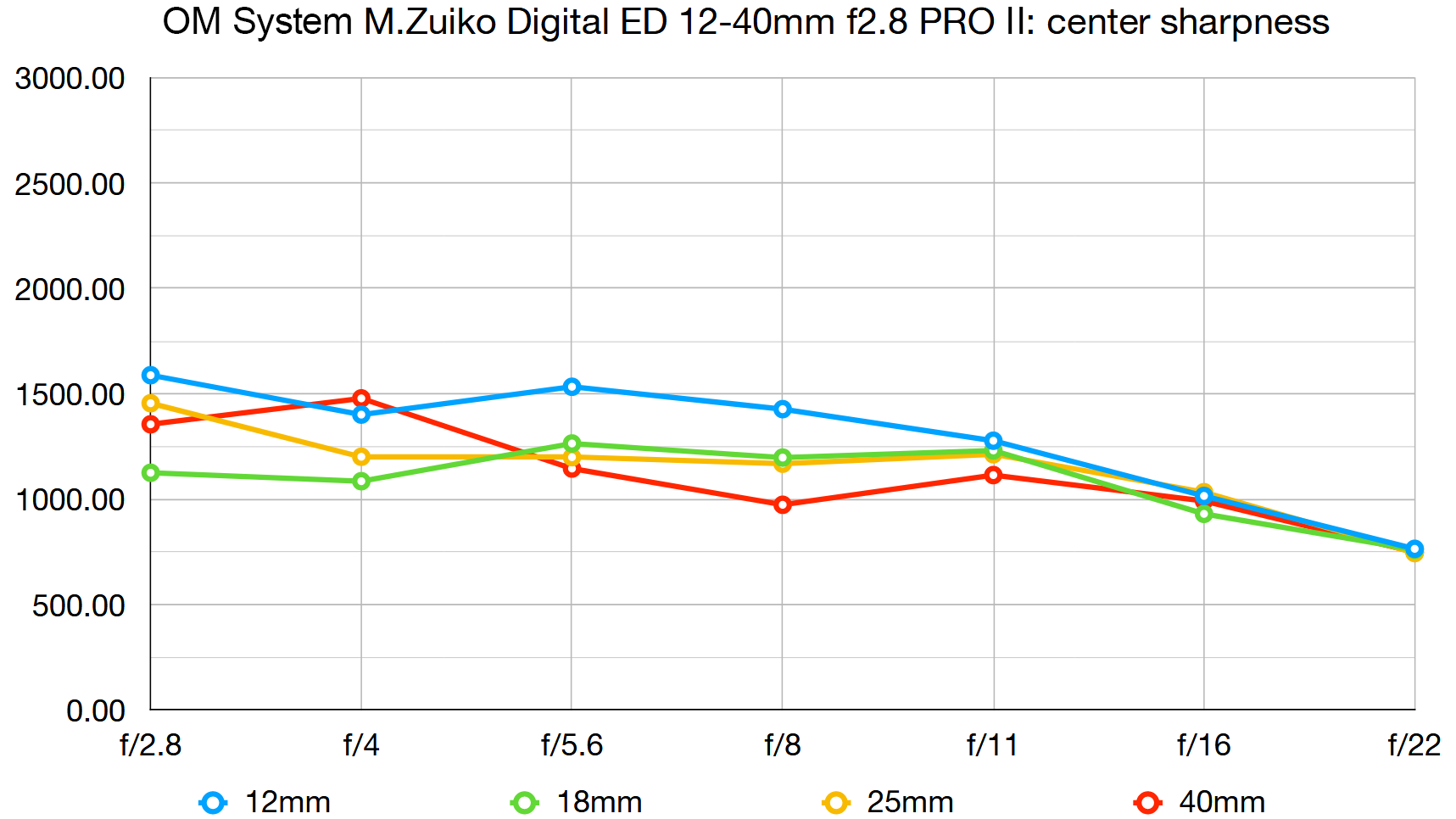
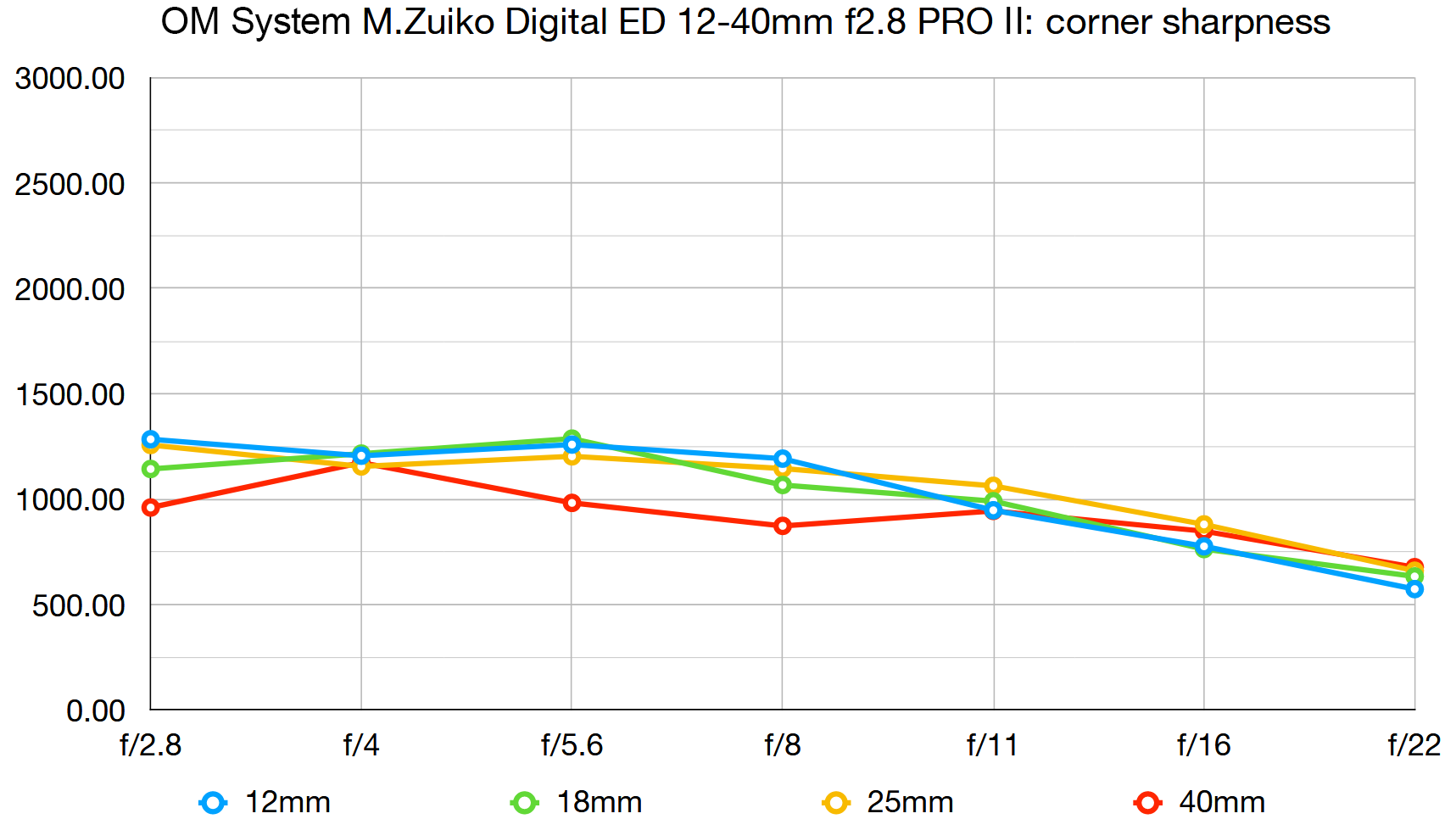
The results of our sharpness tests don't blow us away, but the lens performs very well in real-world testing.
Fringing:
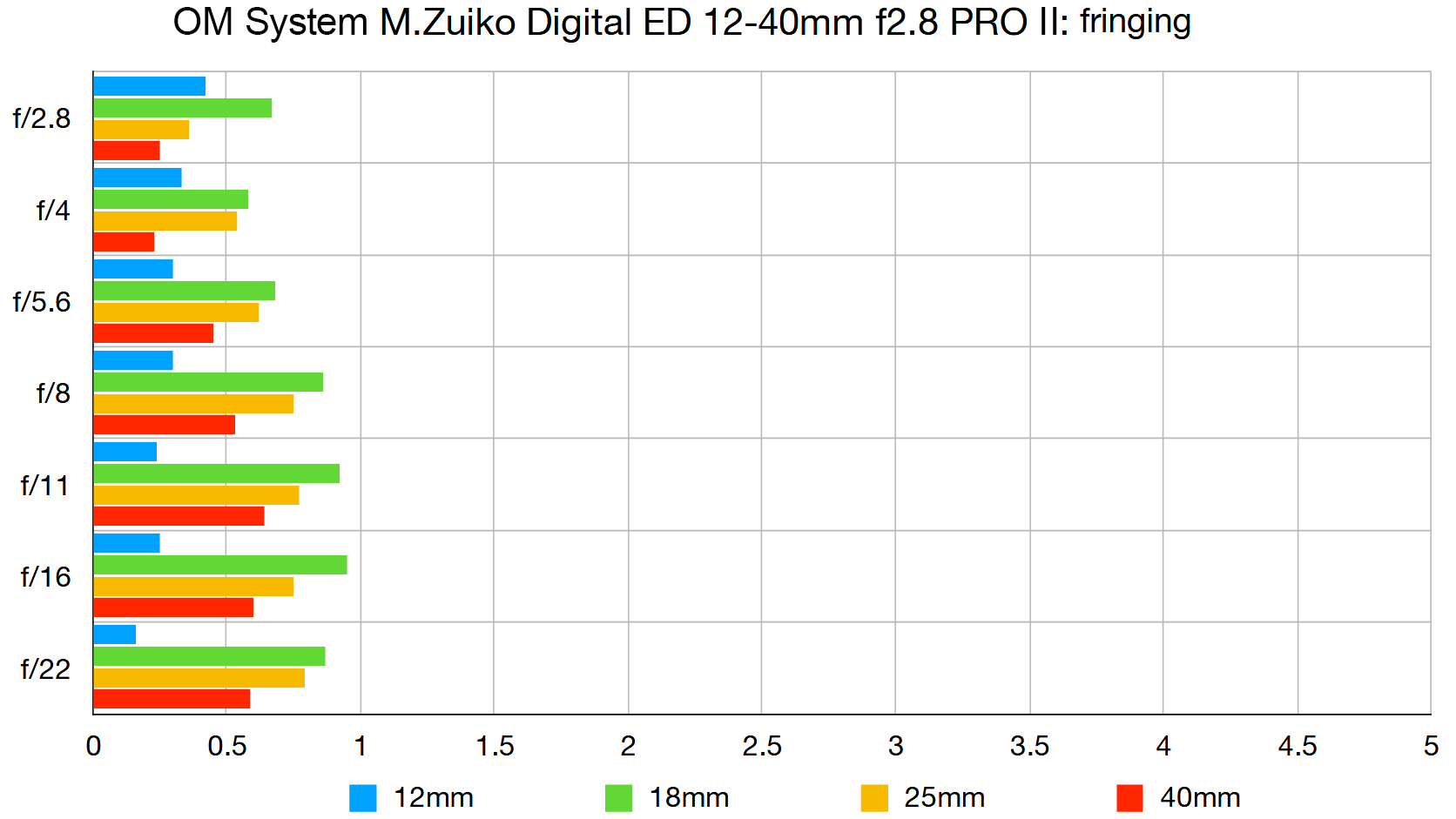
There is no fringing to be seen, even in the corners of the frame, thanks in part to in-camera corrections.
Distortion:
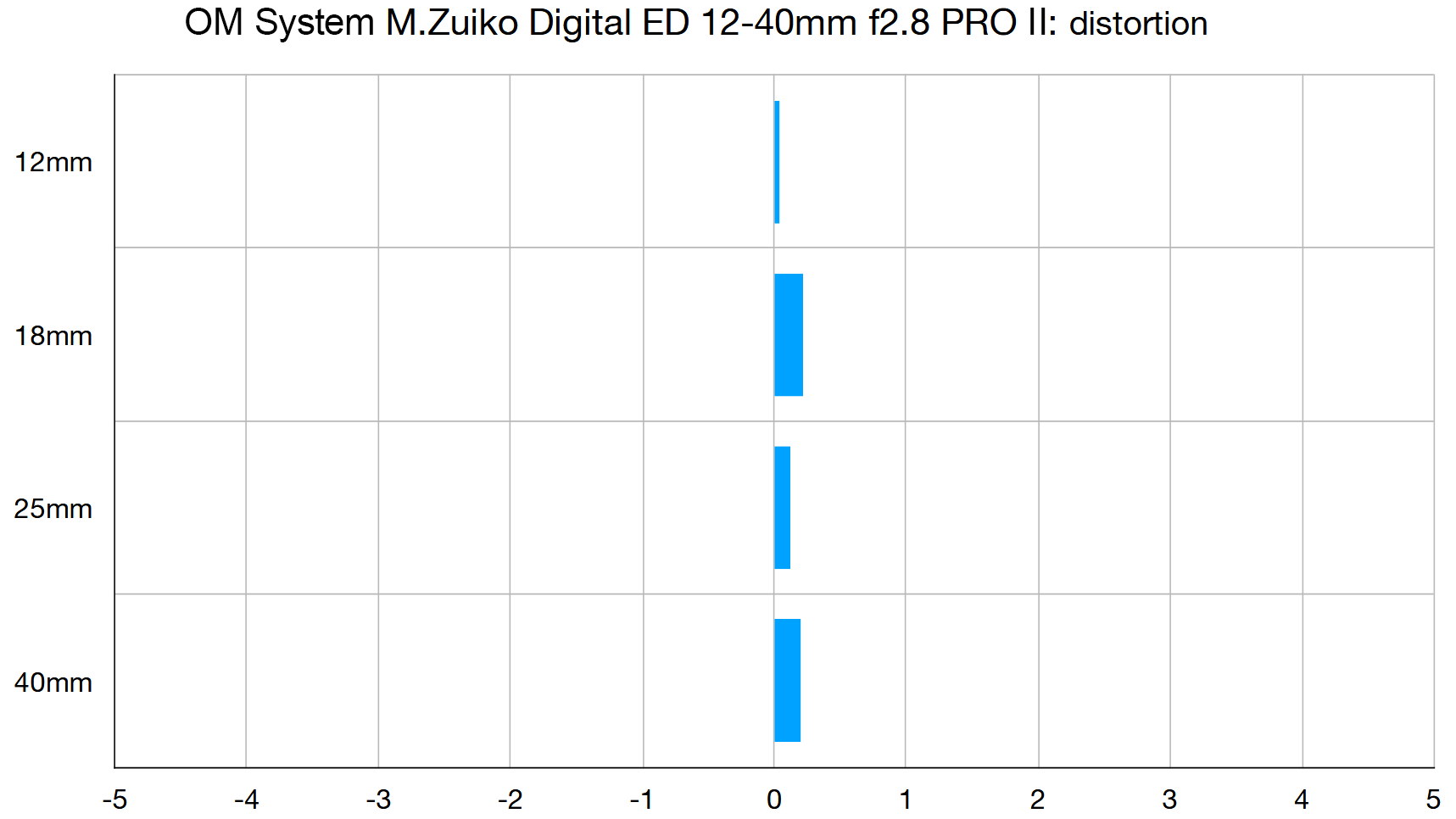
Distortions are kept at bay thanks to automatic corrections in much the same way as fringing, so you can be confident of capturing distortion-free images.
OM System M.Zuiko 12-40mm f/2.8 Pro II: Verdict
In almost every respect, the OM System M.Zuiko 12-40mm f/2.8 Pro II is identical to the original Olympus M.Zuiko 12-40mm f/2.8 Pro. The key difference is that it boasts incredible IP53-rated weather sealing (up from the standard IPX1) and obviously features the new OM System branding. Otherwise, this is the same fantastic 24-80mm f/2.8 equivalent lens that's bright enough to shoot almost anything and light enough to shoot almost anywhere.
So should you buy the original, and probably cheaper, Olympus-branded version? If you don't own an OM System camera, you really get no benefit from the Mark II OM version because only the OM bodies have complementary IP53 sealing. And if you do own an OM System camera, but don't shoot outdoors, there's nothing to gain besides a matching logo.
Essentially, unless you need the extra protection (which really does make a difference if you work in challenging conditions), just go for whichever one happens to be available at the best price.
You might be interested in the best Olympus / OM System lenses, which comprise some of the best Micro Four Thirds lenses across the entire platform. Likewise, the best Olympus / OM System cameras are among the best Micro Four Thirds cameras available.







